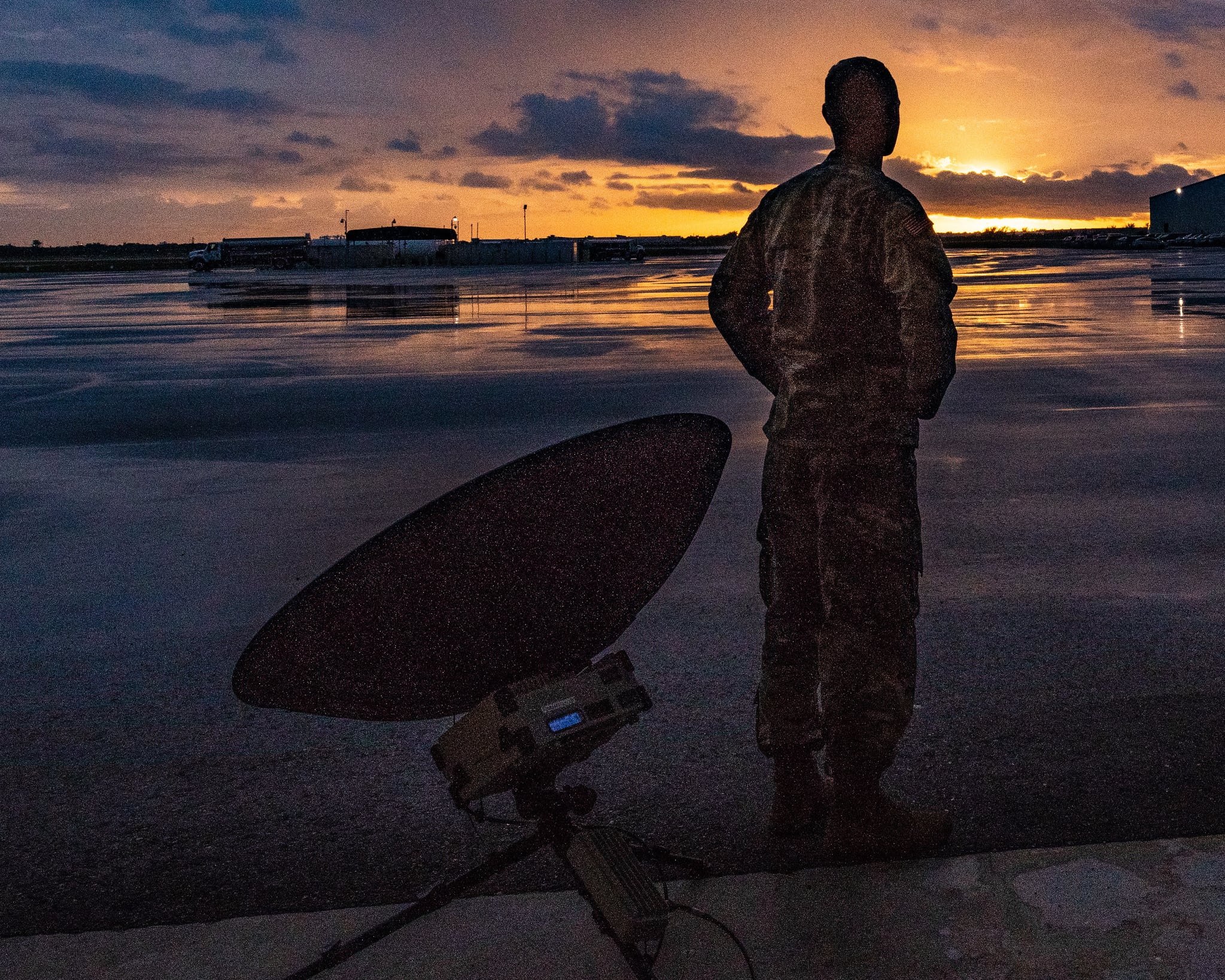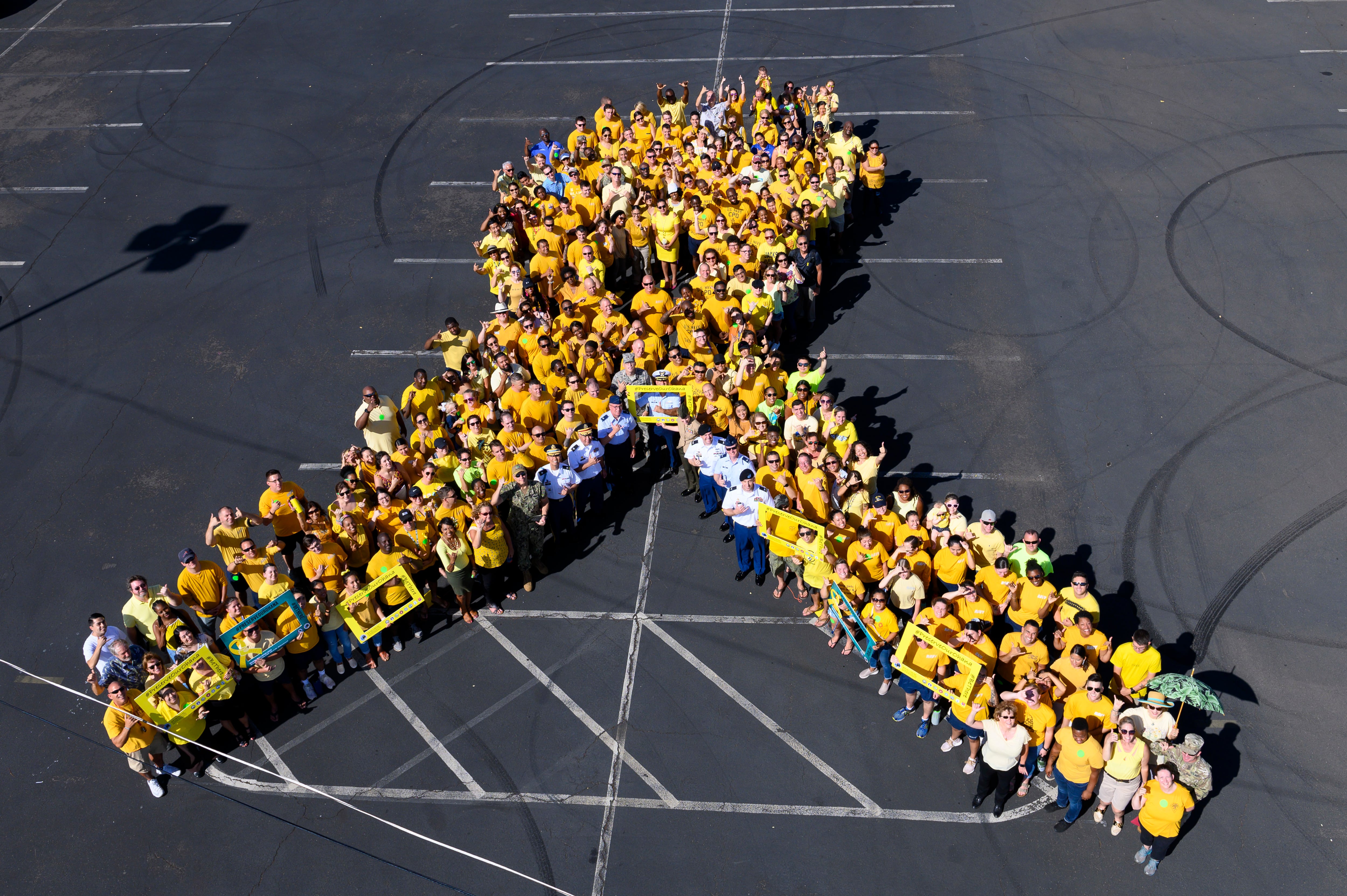Of 325 active-duty suicides in 2018, soldiers Marines took their own lives at 150 percent the rate of sailors and airmen, according to a report released Monday by the Defense Department.
The Marine Corps had the highest rate, according to the 2018 Department of Defense Suicide Event Report, followed by the Army, Navy and Air Force.
The Corps’ 58 suicides represent a 31-per-100,000 rate, followed by the Army’s 139 suicides in 2018, for a rate of just under 30-per-100,000.
The Navy had the second-highest number, 68, or just under 21-per-100,000. The Air Force had the lowest rate, with 60 suicides for just under 19-per-100,000.
About 44 percent of military suicides occured in troops who had no documented behavioral health diagnoses, according to the report.
Personal firearms were the number one method of death by suicide, according to the data, though drug and/or alcohol overdose was the most common method when attempted suicides were factored in.
DoD documented active-duty 1,375 suicide attempts that year, 101 of whom had previously attempted suicide. There were also six suicide deaths of people who had a previous documented attempt.
According to reports filed at the time of the suicides or suicide attempts, relationship stress was the biggest motivating factor ― in nearly 40 percent of cases ― followed by legal/administrative issues and work-related stress.
The active-duty military’s rate of nearly 25 suicides-per-100,000 is higher than the overall U.S. rate of 18-per-100,000 in military-age adults, according to the report, when you factor in the mostly young and male population in the services.
Among active duty troops, suicides were up from 285 in 2017, representing a 14-percent increase. Of those, 94 percent were male, 72 percent were white and 42 percent were between the ages of 20 to 24.
While the military is predominantly made up of young, white men, their suicide rates are on par with the general U.S. population, when adjusted for age and sex.
“Both of these characteristics are associated with suicide mortality rates,” per the report.
But demographics among those who attempted suicide were more diverse. Of those, 70 percent were men, 66 percent were white and 54 percent were between 20 and 24.
RELATED

Suicides in the Reserve organizations dropped in 2019, from 93 to 81 overall, a 13-percent decrease, while the National Guard remained mostly steady, its 135 suicides in 2018 up two from the previous year.
Statistically, the report found that the active-duty and Reserve suicide rates were not statistically much different than that of U.S. adults, but that the National Guard component’s was “statistically significantly higher." The Guard’s rate was just under 31-per-100,000 with 135 suicides, 118 of those in the Army National Guard.
The National Guard Bureau first acknowledged this upward trend in September, when DoD announced its annual suicide prevention report.
While all reserve component troops share the one-weekend-a-month, two-weeks-a-year lifestyle, officials haven’t been able to pinpoint what makes the Guard’s suicide problem so stark. In the Reserves, comparatively, the suicide rate is 23-per-100,00, with 81 overall in 2018.
In the mean time, officials have stressed not only check-ins with leadership outside of drill weekends, but making sure troops know where to go for support when they’re not with their units and able to use military mental health resources.
“That’s been part of our strategic approach,” Capt. Matthew Kleiman, a U.S. Public Health Service officer who served as the Guard’s director of psychological health, told Military Times in September. “People sometimes make assumptions that because someone’s in uniform, they have all of the same access to all of the services that an active member would have. For Guard members, that’s not always true.”
Suicide is a serious concern in the military community. If you are in crisis, or you know someone who is, there are immediate resources available to support you or your loved ones. The Military Crisis Line connects those in need to a trained counselor with a single phone call or click of a mouse. This confidential, immediate help is available 24/7 at no cost to active duty, Guard and reserve members, their families and friends. Contact the Military Crisis Line at 800-273-8255, then press 1, or access online chat by texting 838255.
Meghann Myers is the Pentagon bureau chief at Military Times. She covers operations, policy, personnel, leadership and other issues affecting service members.





